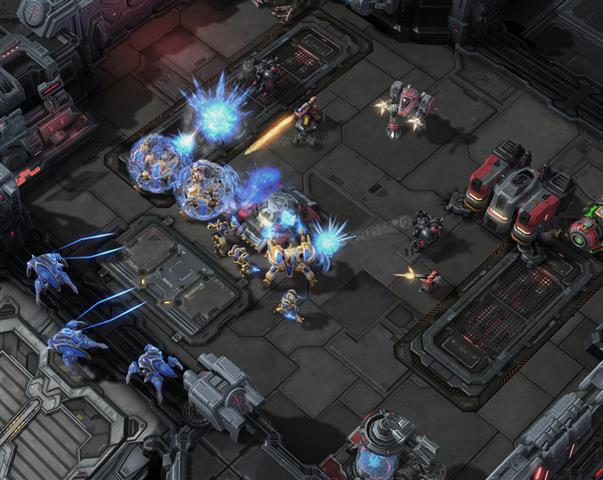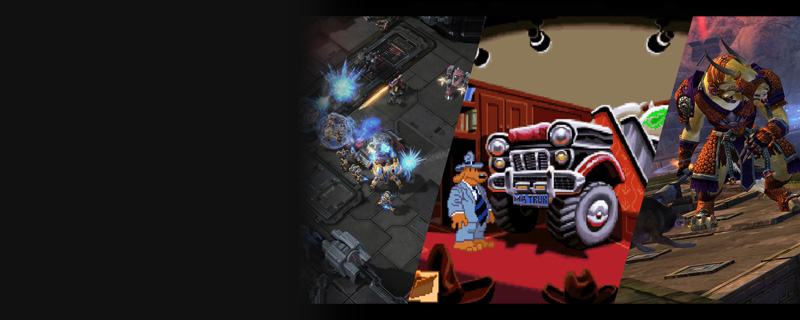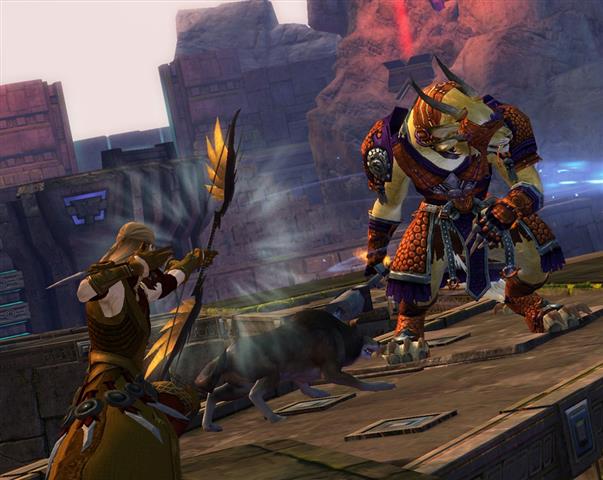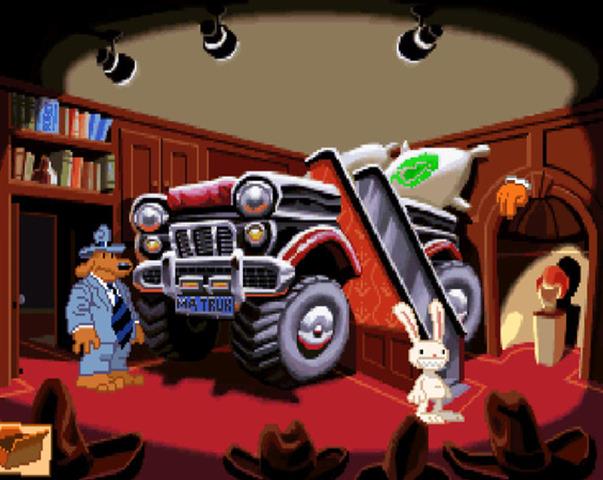
Some video game genres are more popular than others – that’s just a simple fact. As a massive fan of city-builders, I can safely say that Anno 1800 will never be as popular as Fortnite. And while many of these genres thrive for decades, others end up dying.
By “dying”, I do not mean that they somehow disappear and are gone forever – but just that for a long time we don’t see a breakthrough title in a particular category that would attract new players from across the board, and as a result that category becomes niche. For example, one could argue that digital collectible card games were dead before Hearthstone burst on the scene in 2014 – and every major studio suddenly set out to capitalize on its popularity. Sometimes just one successful game is enough to revive a genre.
Certain game genres will always have their fanbases, ones often big enough to warrant new games and sequels to boot. Others, though, struggle to generate interest for a multitude of reasons, some of which we’ll explore in this article.
MMORPGs [Massively multiplayer online role-playing games]
The early 2000s were arguably the golden era of MMORPGs. Everquest, RuneScape, World of Warcraft, EVE Online, Asheron’s Call 2 and even Disney’s Toontown all dotted the turn-of-the-century gaming landscape. Players were eager to explore these new worlds, create their characters, and build new friendships and rivalries online.
Since then, many of those games have either closed servers or vastly decreased in popularity, and there hasn’t been any major title that came anywhere close to their initial success. World of Warcraft, the old behemoth of MMORPGs, is still kicking, but it hasn’t been publishing subscriber numbers for years and it’s definitely not in players’ good graces at the moment. Other games, like Guild Wars 2 or Final Fantasy XIV are doing fairly well, but their playerbases remain relatively small.
It seems that most people are no longer interested in the somewhat tired formula of MMORPGs. Many have moved on to more action-packed MMO titles that are easier to jump into with friends. That’s not to say we couldn’t see a major revival of this genre in a few years, but seeing how many resources it takes to maintain these huge games, few studios are willing to take that risk.
Classic Point-And-Click Adventure
2D point-and-click adventures have never been a massive genre, but they thrived in the 80s and 90s – the era of the Monkey Island series, Sam & Max, and other legendary titles from LucasArts or Sierra On-Line. I think we mainly owe their decline to advances in technology, especially the shift from 2D to 3D and the ability to create sprawling, complex storylines in games.
In a way, point-and-click adventures have evolved into a new type of game over the years. What used to be a primarily linear, puzzle-based experience turned into a narrative-driven one, where the dialogue choices play first fiddle, and puzzles or mysteries come second. Games like The Council, Life is Strange or Batman: The Telltale Series could be considered successors of these classic 2D point-and-click adventures.
While the interest in classic 2D point-and-click games is relatively small (and will likely remain that way), it’s a nice corner of gaming, full of interesting little gems such as Machinarium, The Dark Eye: Chains of Satinav or Timbleweed Park.
RTS [Real Time Strategy]
For a long time, real-time strategy games have been reigning over the strategy genre, with Command & Conquer, Total Annihilation, Age of Empires, Warcraft and StarCraft as prime examples. Today, StarCraft 2 seems like the last remaining bastion of RTS, even though it still generates considerable interest in esports.
Many people point to the rise of MOBA games, such as League of Legends or DOTA 2, as the main reason RTS lost its popularity. These competitive titles share a lot of characteristics with the RTS genre, but instead of managing huge armies, you only control one hero and their abilities. Beyond sheer personal skill, there’s more focus on teamwork and communication between players. That makes MOBA games a little more accessible for new players.
That said, there is still a fairly large community of people who love real-time strategy, and in recent years we’ve seen some interesting takes on this genre, such as Planetary Annihilation or Northgard.

It’s natural that some video game genres lose their popularity and become seemingly dead over time, either because of fading interest, lack of new innovative titles or a particular type of gameplay becoming outdated. But we can always hope that game creators, whether from indie teams or major studios, will bring forth something special and breathe new life into fading genres.
The articles content, opinions, beliefs and viewpoints expressed in SAPPHIRE NATION are the authors’ own and do not necessarily represent official policy or position of SAPPHIRE Technology.



















